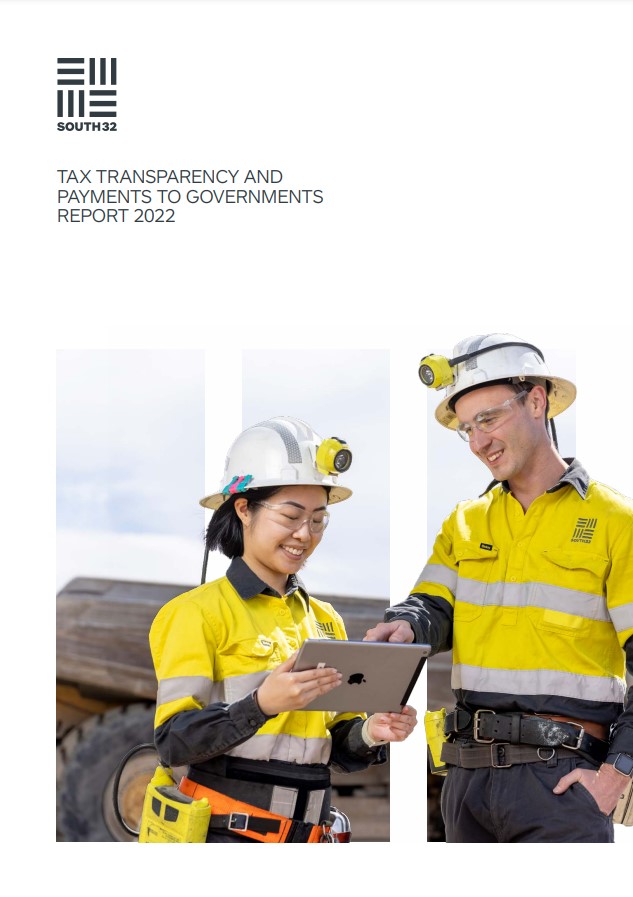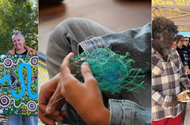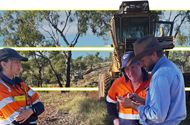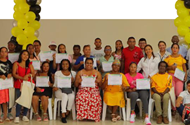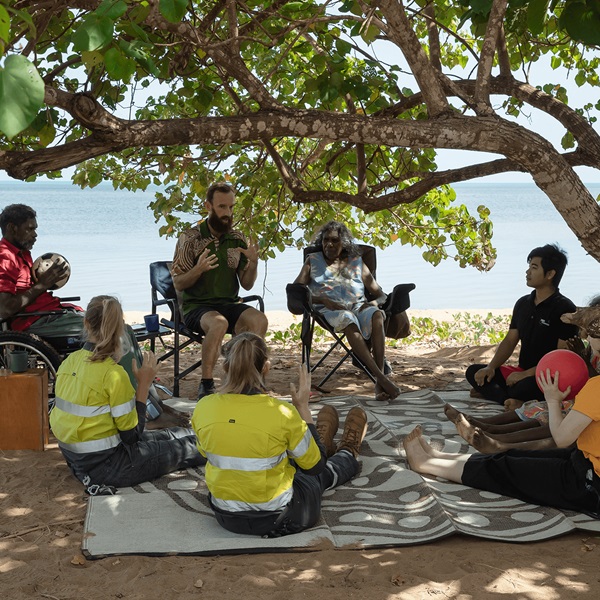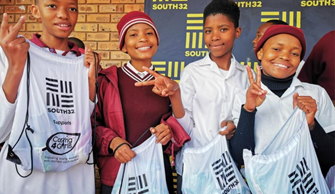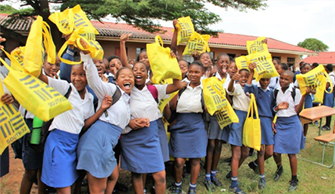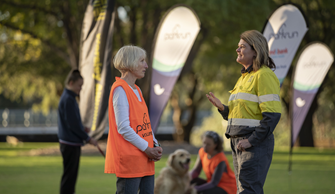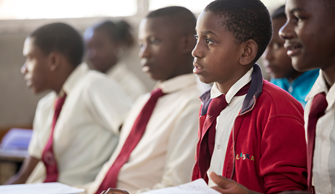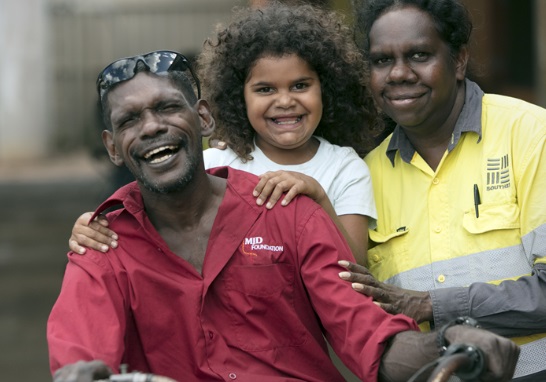
We acknowledge and pay our respects to the Indigenous, Traditional and Tribal Peoples of the lands, waters and territories on which South32 is located and where we conduct our business around the world.
We seek to work collaboratively with Indigenous, Traditional and Tribal Peoples to preserve cultural heritage and advance opportunities for economic participation and social inclusion.
